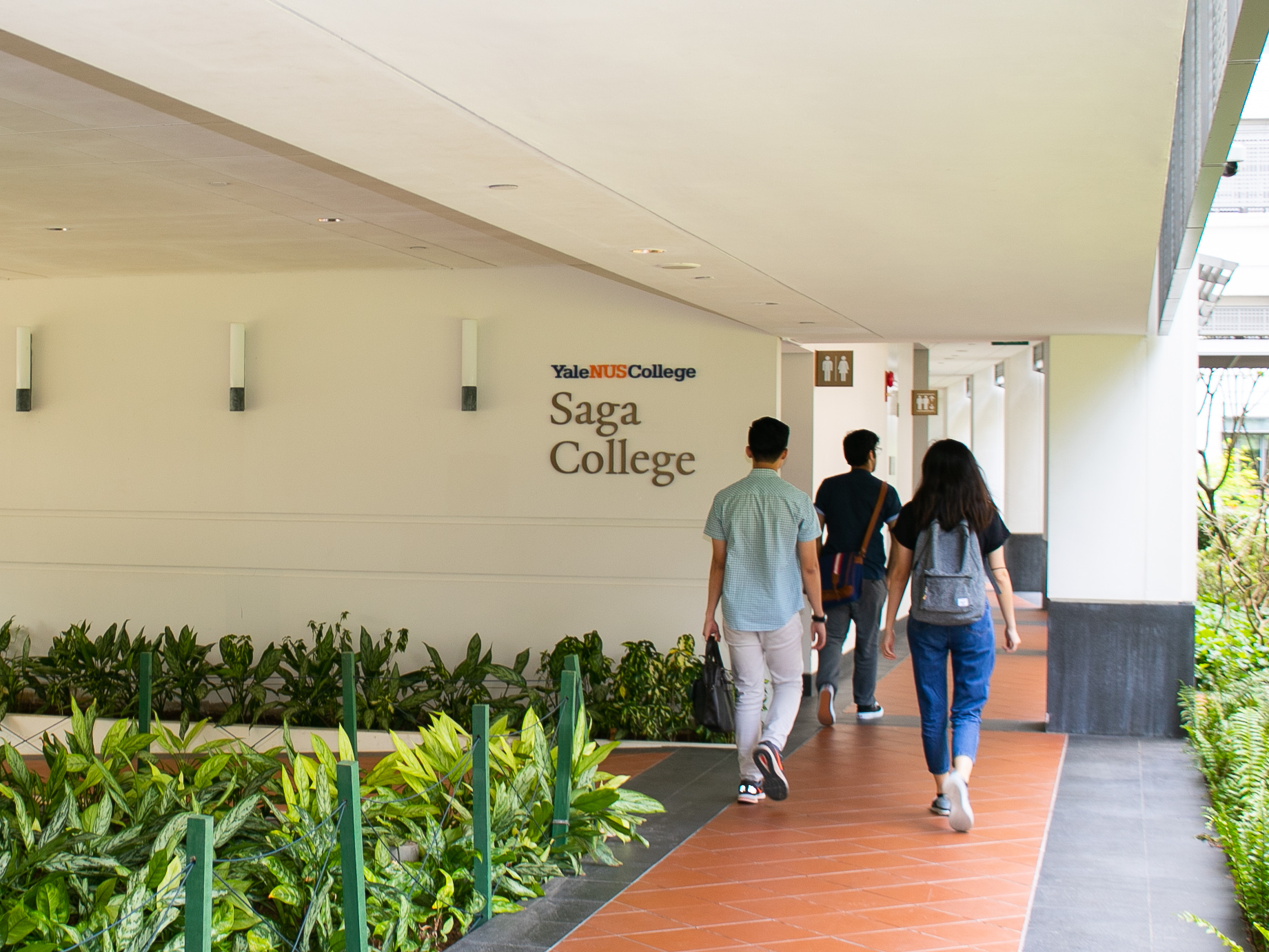
Feroz Khan will be the Yale-NUS College’s first recipient of the Fulbright Singapore Student Program Prize when he matriculates at Tulane University this fall. He will study disaster resilience leadership.
Since graduating with honors with a degree in environmental studies from Yale-NUS, Khan worked for the Disaster Analytics for Society Lab at Nanyang Technological University, also in Singapore. At the DASL, he researched post-earthquake recovery, developing tools and information models geared toward the needs of vulnerable populations in the event of natural disaster. Khan will be pursuing a Master of Science degree at Tulane, where he hopes to research mitigation techniques for natural disasters with an emphasis on those in Southeast Asia.
“As a region that historically contributed far less to climate change but where people will face far more climate risks and burdens, there’s so much important work to be done to create relationships of solidarity, mutual aid and learning between communities facing similar challenges,” Khan said of his native region. “There’s also important work to be done in sensitising Singaporeans, many of whom have never experienced a disaster in recent memory, to the structural conditions our neighbours are facing and inviting them to contribute more to improve others’ resilience.”
Before returning to Southeast Asia to engage with climate issues, Khan said he looks forward to learning about disaster studies in the United States, perhaps sooner and more intimately than he anticipated. In an email to the News, Khan mentioned that a Tulane faculty member recently called for disaster aid for New Orleanians affected by Hurricane Laura and that Khan is grateful for the opportunity to study disaster justice in the USA “so directly.”
Yale-NUS professors were eager to praise Khan’s intellectual curiosity and kind spirit.
Michael Maniates, who served as advisor for his final year research project, described Khan as a “superstar among superstars,” lauding his research which he qualified as graduate level.
“As one of his other Yale-NUS professors told me, having Feroz in your classroom raises the overall level of discourse and makes everyone else work harder to reach his level,” said Anju Paul, professor of sociology and public policy. “This is exactly what happened in both my classes with Feroz, and I fully expect him to bring the same focus, energy and searing intelligence to his graduate studies in the United States.”
Khan recalled the Yale-NUS community — which he described as Singapore’s most compassionate and empowered student body — fondly, noting that it informed how he plans on engaging with his graduate studies. In his environmental studies major, Khan said he was able to learn from a variety of case studies rooted in Southeast Asia, from Vietnamese communities resisting coal infrastructure to ecovillages developing sustainable agriculture systems in the Philippines. He told the News that this programming served as the “Yale-NUS root at the heart” of his future endeavours, and for that, he is grateful.
According to the press release, the Fulbright is awarded on average to two Singaporean students each year.
John Besche | john.besche@yale.edu







